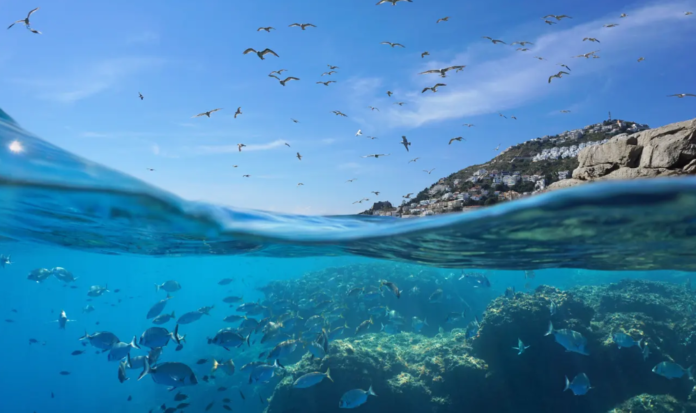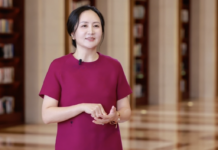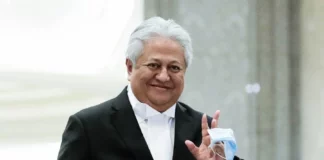KUALA LUMPUR, Feb 9 – The Fifth International Marine Protected Area Congress (IMPAC5) which runs from Feb 3-9 in Vancouver, Canada, brings together ocean conservation managers and practitioners, global experts and high-level officials, to take a stand of protecting the oceans.
“Mary Kay is delighted to support The Nature Conservancy (TNC), in collaboration with the United Nations Environment Programme (UNEP) and other experts from around the world, in an effort to protect our world’s most precious assets: oceans.
“These organisations are on the frontlines of the fight to preserve our waterways, and we are hopeful that with our funding support, they will have the tools and resources needed to ensure our oceans are healthy for generations to come,” said Mary Kay Chief Operating Officer, Deborah Gibbins in a statement.
IMPAC5 is known as the preeminent conference for the exchange of knowledge within the global community of marine conservation managers, practitioners and decision makers.
It provides the opportunity to highlight the latest science and share experiences, and best practices to strengthen the conservation of marine biodiversity, and protect the natural and cultural heritage of the ocean.
A symposium at IMPAC5 titled “Innovations in Improving Marine Protected Areas (MPAs)” provided an exclusive preview of a new online platform for the planning and management of MPAs, guiding MPA planners and practitioners via practical approaches to addressing key challenges.
This symposium brought together voices from all sides of marine conservation, emphasising the importance of knowledge sharing to improve ocean management amongst stakeholders at every level.
Meanwhile, TNC Global Reefs Lead, Dr Lizzie McLeod said: “Harnessing lessons learned and best practices globally to achieve these ambitious targets in ocean management is a conservation priority including the co-creation of solutions with key partners.”
Marine managers are better able to tackle major threats facing marine ecosystems worldwide by leveraging scientific innovation and new technologies, and global best practices.



















